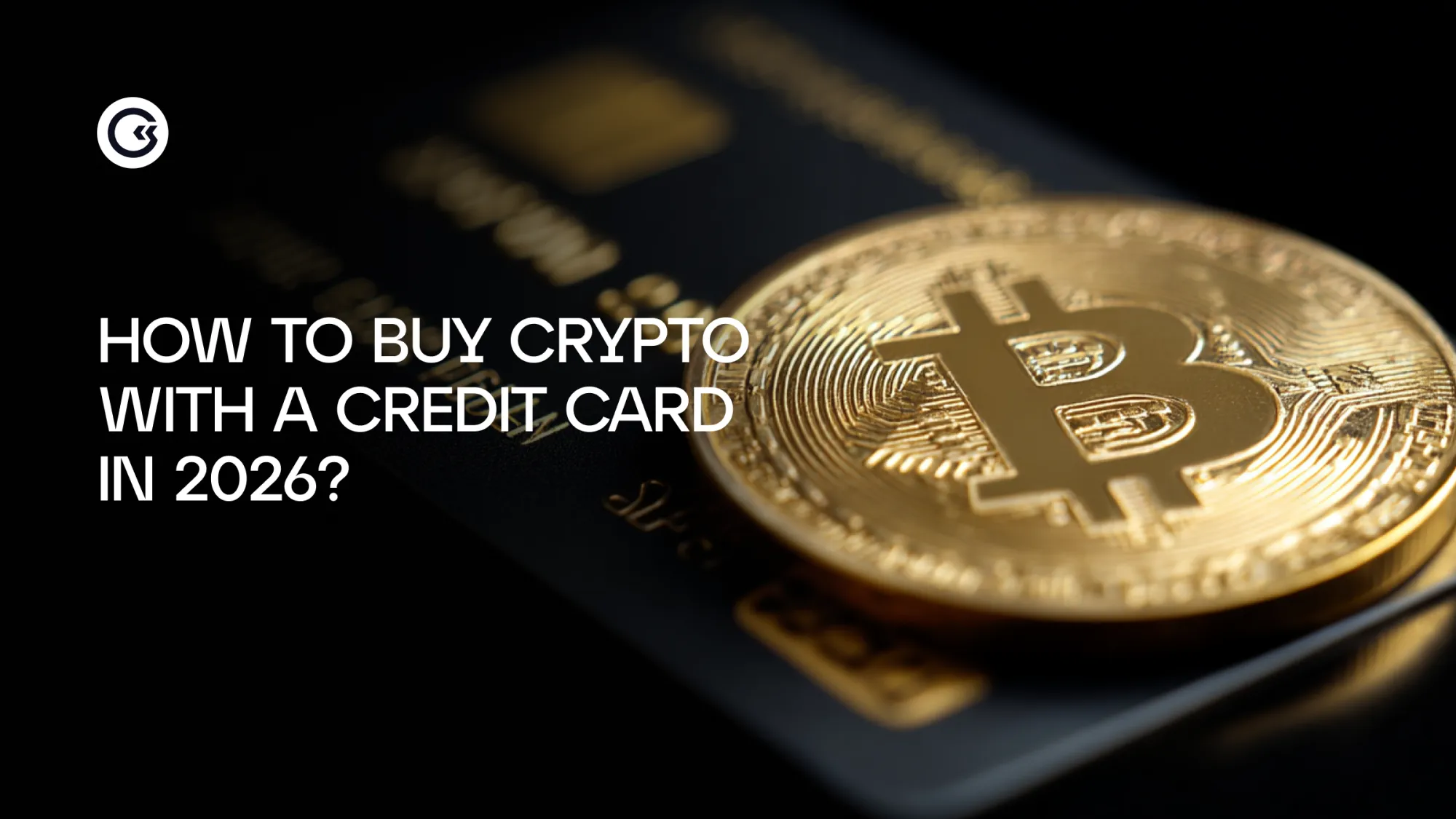Over the past decade, Bitcoin has evolved from a niche experiment in decentralized finance to a globally recognized asset class. What began as a peer-to-peer electronic cash system, as outlined in Satoshi Nakamoto’s original whitepaper, has taken on new significance in the eyes of crypto users and economists alike. Today, a dominant narrative surrounds Bitcoin not as a currency for everyday transactions, but as a store of value — earning it the widely used nickname: digital gold. This shift in perception has established a new narrative around the Bitcoin store of value potential in both retail and institutional circles.
But what does it mean to call Bitcoin "digital gold"? And why has this metaphor gained such traction?
The concept of Bitcoin as digital gold is rooted in its fundamental attributes that mirror those of physical gold: limited supply, resistance to inflation, portability, and independence from centralized authorities. Both assets are valued not for their yield or income, but for their ability to preserve purchasing power over time — particularly during periods of economic uncertainty or currency devaluation.
As traditional financial systems grapple with challenges like rising inflation, sovereign debt risks, and increased monetary intervention, Bitcoin offers a compelling alternative. Its decentralized nature, capped supply of 21 million coins, and increasing mainstream adoption have positioned it as a modern hedge — an asset that can potentially protect wealth in the same way that gold has done for millennia.
In this article, we’ll explore the parallels between Bitcoin and gold, examine the reasons behind Bitcoin’s rising status as a store of value, and consider what this shift means for the future of money and crypto positions.
What is Digital Gold?

The digital gold concept has become central to how many in the financial world now view Bitcoin, especially in the context of long-term value preservation. The term digital gold refers to a digital asset or cryptocurrency that embodies the key characteristics traditionally associated with physical gold — namely, scarcity, durability, divisibility, and long-term value retention. These attributes make such assets appealing as a store of value, especially during periods of economic volatility or inflation.
Digital gold aims to replicate the trust and resilience that gold has provided for centuries, but in a modern, digital context. Unlike physical gold, which must be mined, securely stored, and physically transported across borders, digital gold is borderless, instantly transferable, and easily stored in digital wallets. It brings the concept of a reliable store of value into the 21st century, where accessibility and global reach are paramount.
Bitcoin, in particular, stands out as the leading example of digital gold. With a hard-coded supply cap of 21 million coins and a decentralized network that resists manipulation, Bitcoin mirrors gold’s scarcity and independence from central authorities. Its transparent and tamper-proof ledger — the blockchain — further reinforces its integrity as a long-term store of value.
Historically, gold has been a go-to asset in times of crisis — used to hedge against currency devaluation, inflation, and market instability. Today, Bitcoin is increasingly being viewed through the same lens. As more individuals and institutions recognize the limitations of fiat currency systems and the vulnerabilities of traditional financial infrastructure, the case for Bitcoin as digital gold continues to gain momentum.
Why Bitcoin is Called Digital Gold
So, why is Bitcoin called digital gold?
Limited Supply and Scarcity
One of Bitcoin’s defining characteristics is its limited supply — only 21 million BTC will ever exist. This artificial scarcity mimics that of gold and drives demand in much the same way.
Decentralization and Independence
Bitcoin is maintained by a decentralized network of nodes and miners, independent of any government or central bank. This decentralization gives Bitcoin an inherent resistance to censorship, inflation, and policy manipulation.
Store of Value Properties
Bitcoin’s store of value appeal comes from its resistance to inflation, immutability, and secure digital infrastructure. These qualities allow it to act as a safeguard for wealth, especially in volatile economic environments.
High Demand and Growing Reliability
As trust in fiat currencies erodes, many often turn to crypto assets like Bitcoin for stability. This surge in Bitcoin interest adds to its reliability and growing reputation as digital gold.
Bitcoin vs Gold: A Comparison

The Bitcoin and gold comparison is essential to understanding their respective strengths and weaknesses.
This Bitcoin vs gold analysis shows that while gold remains a solid traditional choice, Bitcoin provides advantages in speed, portability, and accessibility, especially for the digital-first generation. Analysts continue to study the Bitcoin price and gold correlation to better understand how these two assets respond to macroeconomic trends.
Bitcoin as a Hedge Against Inflation
The idea of Bitcoin as an inflation hedge has gained momentum as central banks continue expansive monetary policies, which has led many to look at Bitcoin as digital gold.
Protecting Against Currency Devaluation
In countries facing hyperinflation, Bitcoin offers a way to preserve purchasing power. Unlike fiat currencies, which can be printed endlessly, Bitcoin has a hard cap — making it resistant to devaluation.
Financial Instability and Bitcoin’s Role
During times of economic turmoil, traditional assets may lose value. Bitcoin’s limited supply and decentralized nature provide an attractive alternative, much like gold has done in the past. This has led many to refer to it as the Bitcoin safe haven, particularly during times of geopolitical or economic stress.
Gold vs Bitcoin as a Reliable Financial Move
When comparing gold vs Bitcoin, both have proven to offer some protection during crises, but Bitcoin’s growth potential and borderless nature are attracting a new wave of enthusiasts.
The Limited Supply of Bitcoin: A Key Factor

One of the most compelling reasons Bitcoin is often likened to digital gold — and regarded as a robust store of value — is its strictly limited supply. Unlike fiat currencies, which governments can print in unlimited quantities, Bitcoin has a fixed cap of 21 million coins. This built-in scarcity is fundamental to its value proposition.
Value Through Scarcity
Scarcity is a powerful economic principle: when a resource is limited but demand remains strong or grows, its value tends to increase. Gold has been valued for thousands of years precisely because of its rarity and difficulty to produce. Bitcoin replicates this scarcity digitally, ensuring that no more than 21 million coins will ever exist. This finite supply stands in stark contrast to inflation-prone fiat currencies, which can lose purchasing power over time due to monetary expansion.
Halving Events and Supply Shock
A unique mechanism embedded in Bitcoin’s protocol further enforces scarcity — the halving. Approximately every four years, the reward miners receive for validating transactions is cut in half. This event effectively reduces the rate at which new bitcoins enter circulation, tightening supply even further. These halving events create periodic supply shocks that have historically triggered significant upward price movements, as demand begins to outpace the newly available coins.
Moreover, halving events tend to draw increased attention to Bitcoin, boosting interest and driving new capital into the market. The interplay between these programmed supply cuts and growing demand has contributed to Bitcoin’s reputation as a digital asset that can appreciate over time, much like gold.
This predictable and transparent issuance schedule contrasts sharply with the unpredictable policies surrounding fiat currencies, making Bitcoin’s supply dynamics a foundational pillar in its appeal as a long-term store of value.
Bitcoin as a Portfolio Asset

As trust in fiat systems declines, there’s been an increase in Bitcoin being added to portfolios.
Diversification into Alternative Assets
Bitcoin for long-term holding is gaining traction as a way to diversify away from traditional assets like stocks and bonds.
Complementing Traditional Assets
Rather than replacing traditional positions, Bitcoin can complement them, offering exposure to a high-growth, non-correlated asset class. This aligns with a growing trend of recognizing crypto as a store of value, not just a speculative vehicle.
Institutional Adoption
Major firms and asset managers are now including Bitcoin holding options in their offerings, from ETFs to futures and custody services. This trend reflects growing trust in Bitcoin as an alternative store of value.
Risks and Considerations
Despite its promise, Bitcoin comes with significant risks.
Volatility
Bitcoin is still highly volatile, with daily price swings that far exceed traditional assets. This volatility can result in rapid gains or losses, making it unsuitable for some.
Regulatory Uncertainty
As governments work to establish frameworks for cryptocurrencies, regulations could impact Bitcoin’s price, accessibility, and perception as a safe asset.
Evolving Technology and Market
The crypto space is constantly evolving. New competitors, protocol upgrades, and shifting market conditions require active research and careful planning before getting involved.
The Future of Bitcoin as Digital Gold

Looking ahead, the role of Bitcoin as digital gold is expected to strengthen.
Mainstream Integration
As awareness and adoption grow, Bitcoin may become a default digital store of value, used in savings accounts, retirement plans, and even cross-border settlements.
Complementing or Replacing Traditional Assets
Whether it will replace gold or simply complement it remains to be seen. Still, the Bitcoin and gold comparison will likely remain a central debate in financial circles.
Evolution in a Digital Economy
In a world moving increasingly online, Bitcoin's digital nature positions it well for the future. Its blend of technology, scarcity, and decentralized security makes it an ideal candidate for the title: Why Bitcoin is a new form of gold.
Conclusion
The comparison between Bitcoin and gold goes far beyond a simple metaphor; it reflects genuine shifts in financial behavior, market sentiment, and the evolving demands of today’s markets. Bitcoin shares many fundamental qualities with gold — most notably its limited supply, decentralized nature, and increasing acceptance among institutional stakeholders — which have historically made gold a trusted store of wealth and a safe haven during economic uncertainty.
As Bitcoin continues to gain traction and maturity, it increasingly fulfills the criteria that position it as a modern counterpart to gold — a digital asset designed for the digital age. Whether you see Bitcoin as a groundbreaking innovation or a high-risk speculative asset, its role as digital gold is undeniably shaping the conversation around the future of money and value preservation.
That said, like any asset, Bitcoin requires careful consideration, responsible research, and due diligence. It’s not a guaranteed path to wealth, but for those seeking a forward-looking alternative to traditional stores of value, Bitcoin offers a compelling option — potentially the digital answer to gold in the 21st century.
July 31, 2025













